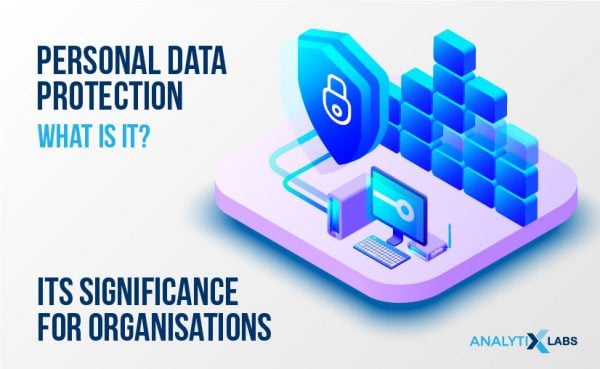
The rise of growing concern among users regarding privacy has led governments from different countries to devise regulations to check the misuse of users’ information. While the European Union introduced the General Data Protection Regulation (GDPR), India tabled Personal Data Protection Bill (PDP) 2019 on 11 December last year in the Lok Sabha. The idea behind such bills is to fortify the exploitation of critical information of citizens at the same time allowing developers to make solutions leveraging data for simplifying the life of users.
However, to ensure organisations do not misuse users data, the Indian government has included laws that will penalise the solution providers in case of data privacy breaches. Consequently, data-driven firms are getting critical of the ways information are being used at every step of the development cycle. This has led the firms to hire business analyst professionals who can ensure compliance while making business strategies using users’ information.
Driving Insights With Data To Make Public Schemes
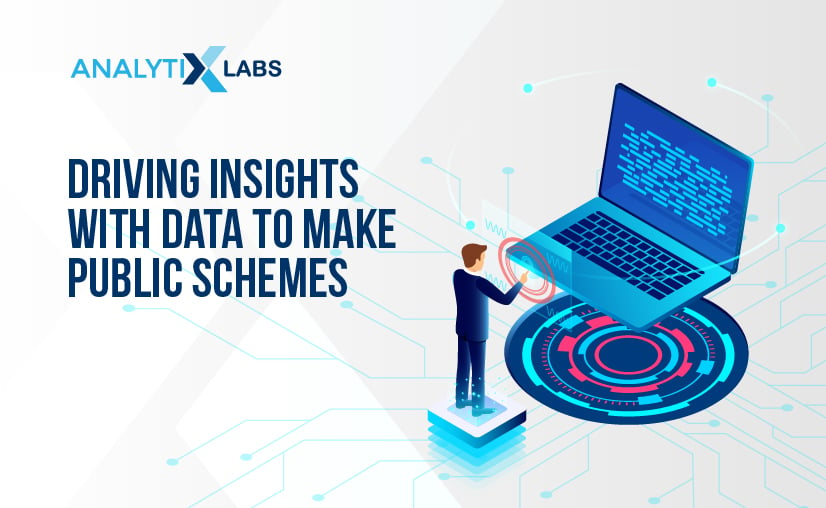
PDP will act as a foundation for government and companies alike in building products while abiding by the rules. This will bring trust among users about how the data is being used. Such a framework will enable organisations in collaboration with governments for deriving insights into non-personal data to provide various public services. For instance, the healthcare industry can use data from electronic health records (EHRs) to find insights and determine trends, which can then be used for assisting the government in making public health schemes based on rising health issues.
Today, to deliver such insights and trends, companies need to ensure that data is being used in a way that doesn’t breach the privacy of users. Therefore, organisations are looking for proficient business analytics professionals to streamline their workflows and generate meaningful insights from the data available.
Organisations Can Make Use Of Data Held By Governments
Every second, a colossal amount of data is being created, and it is envisioned that information will only grow in the coming years. Organisations are moulding users’ data for gaining insights and providing bespoke solutions to diverse customers needs. Thus, data has become the driving force for businesses right from finance to retail and healthcare sector.
Organisations can today make use of government data for creating effective strategies and public schemes around data. For one, tech companies can use transportation data available with governments to optimise the schedule of public buses and reduce traffic congestion in cities. Besides, financial data from public banks can be used with machine learning models to quickly open up the line of credit for users by analysing customers’ historical data, thereby eliminating the need for dated pen and paper approach.
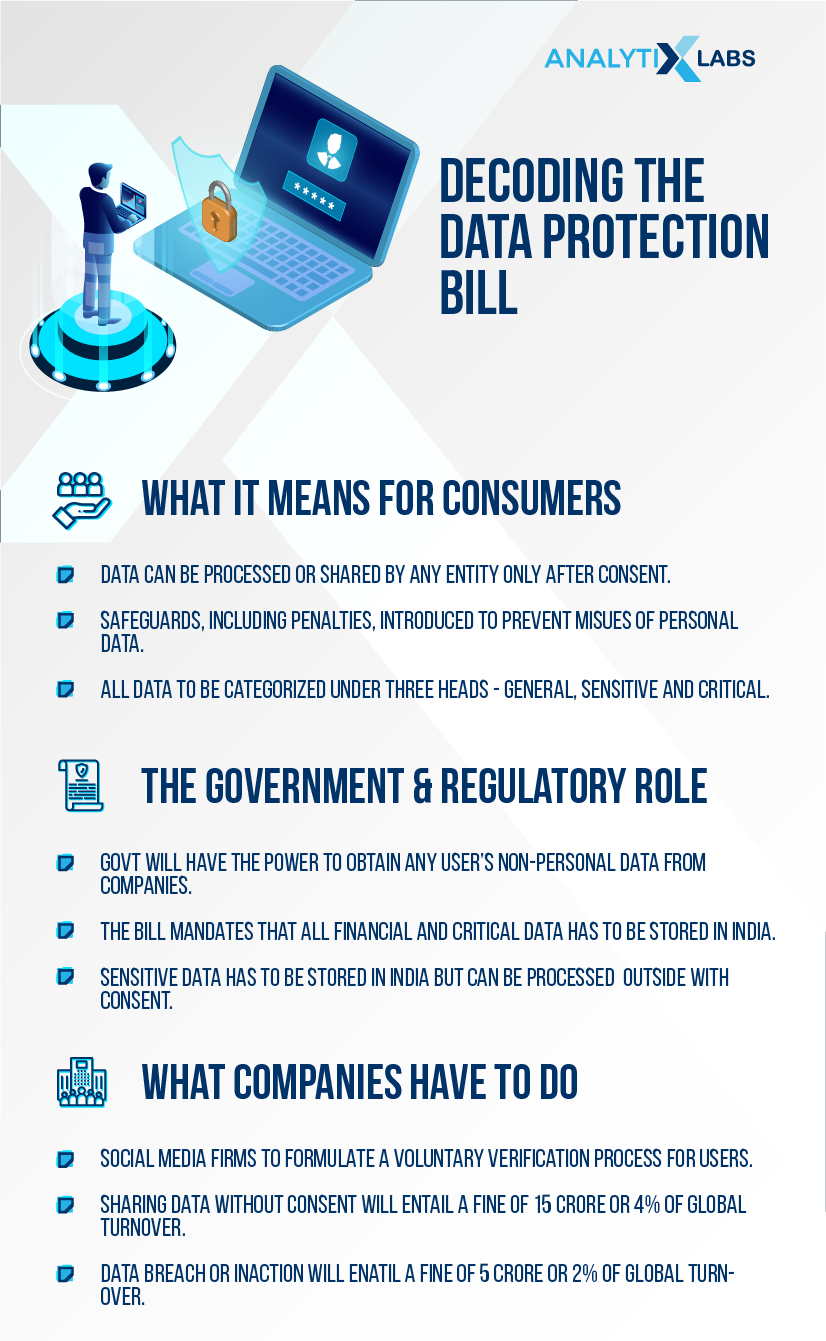
According to the World Economic Forum, it is estimated that every data 463 exabytes of information will be generated globally by 2025. To handle and analyse a plethora of data, governments and organisation will have to work in tandem for gaining insights and making informed decisions. Consequently, organisations are seeking business analysts who can assist them in making new strategies that would bring value to users at the same time help in business growth. Therefore, obtaining business intelligence knowledge is of paramount importance for aspirants to receive desired job offers.
Importance Of Business Analytics Courses
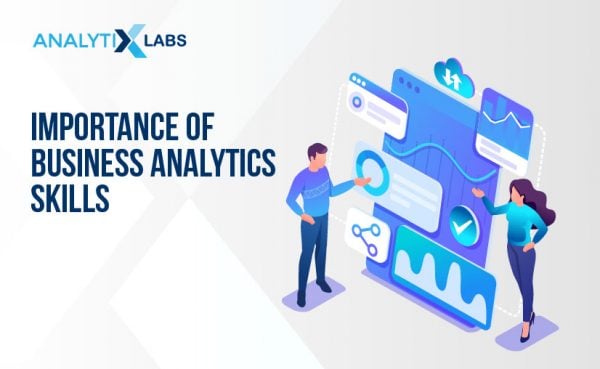
Understanding the requirements of various organisations, AnalytixLabs offers a broad spectrum of courses to empower professionals/aspirants in managing and analysing data to get actionable insights. The classes are designed by experts who come from different verticals to simplify the learning while ensuring the lessons are comprehensive and easy to understand.
For instance, AnalytixLabs’ Business Analytics 360 Course helps beginners to learn the ropes of analysis through lessons on Excel, SQL, and Tableau, before moving on to advanced tools and techniques like Python, R, and machine learning.
Unlike most of the business analytics courses in India, AnalytixLabs offers 150 hours of classroom training, which makes learning straightforward for students. Besides, aspirants get to learn some of the most in-demand data science techniques like supervised learning, unsupervised learning, natural language processing, text mining and more. Especially when the world is witnessing an increase in unstructured data, such techniques have become vital for aspirants to differentiate themselves from others.
The Business Analytics Course also includes real-world projects that test the skills of students. This helps aspirants to showcase their capabilities in solving complex problems to recruiters; organisations seek candidates who can differentiate themselves by doing complicated projects.
Outlook
Business analyst course demand is increasing due to the more and more organisations seeking services of business analysts professionals. However, aspirants should assimilate the difference between available programs in terms of the techniques taught and the quality of projects. Most of the courses available in the market uses e-learning platforms only, offering lessons on Excel, dashboards, among others, but do not teach machine learning techniques. AnalytixLabs goes a step ahead and covers a wide range of tools and techniques for aspirants.
Key Components of the Course:
- Data Visualisation & Analytics
- Data Science Using R
- Data Science Using Python
- Machine Learning Using Python
With the forthcoming PDP bill, organisations are becoming extra cautious and hiring business analysts who are proficient with many data science techniques and not just visualisations. As a result, aspirants should be critical of the business analytic courses and enrol in the one, which can enable them to manage the entire data lifecycle within organisations, including data privacy.

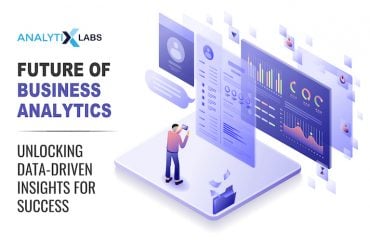
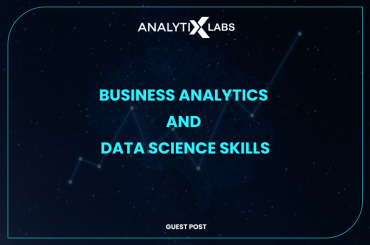
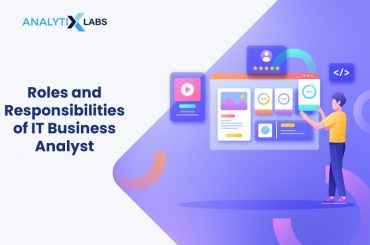
![Top Puzzle-Questions Asked in Business Analyst Interview – With Solutions [2024 Edition]](https://www.analytixlabs.co.in/blog/wp-content/uploads/2023/08/Puzzle-Questions-for-BA-Interviews-370x245.jpg)


